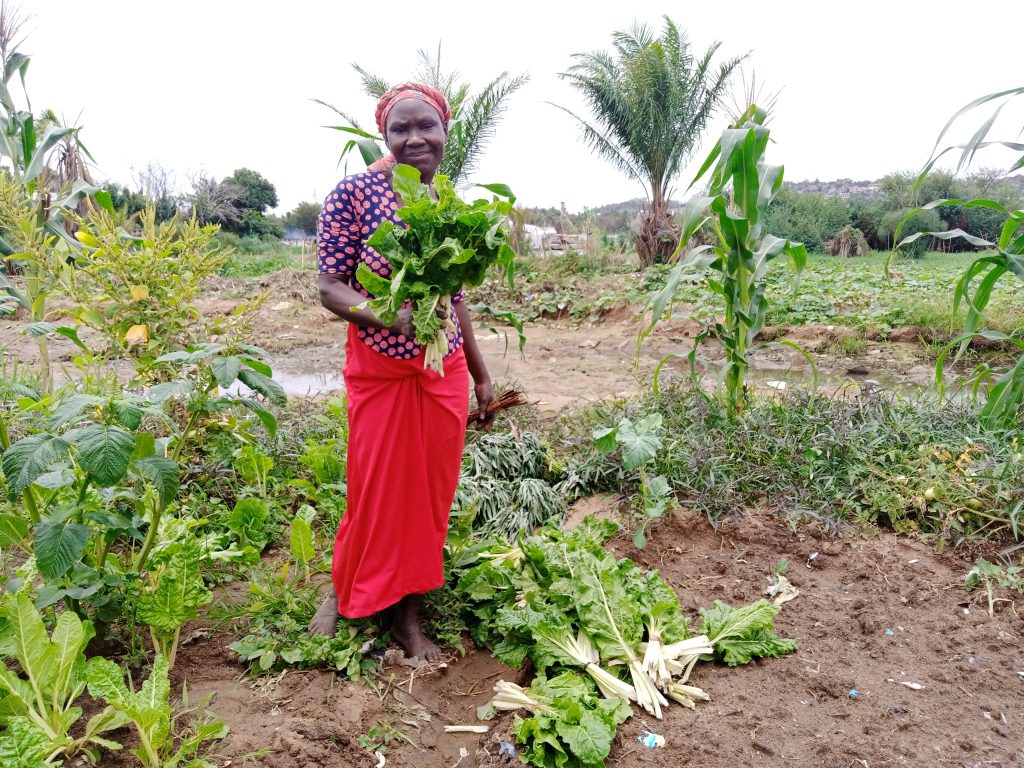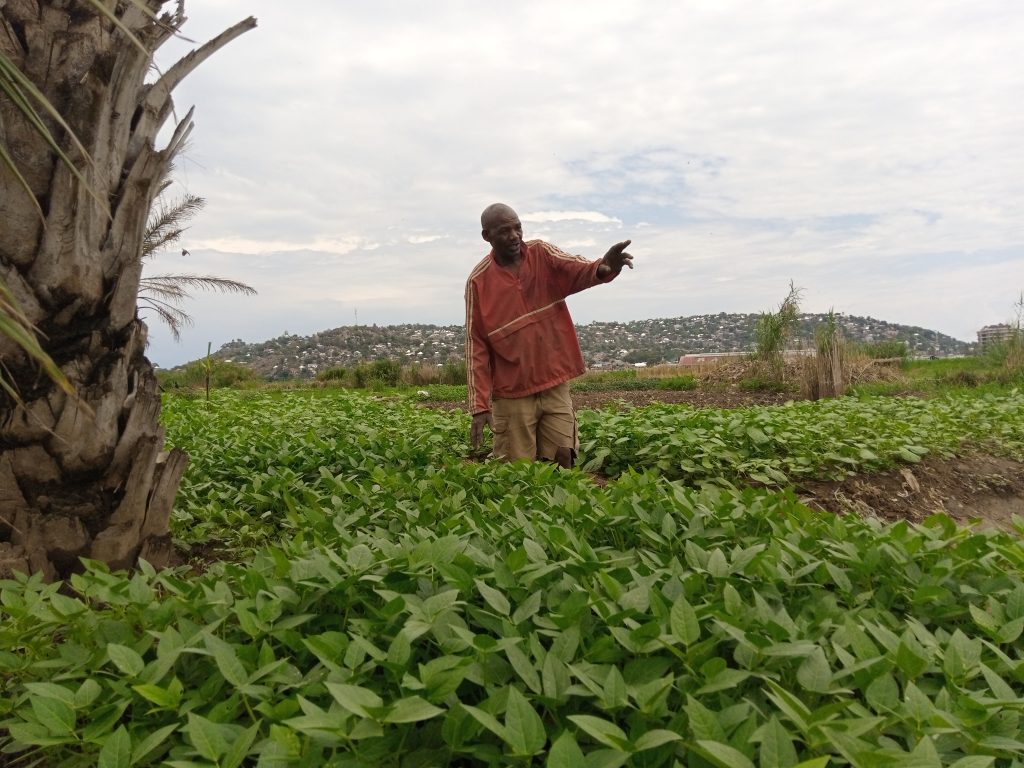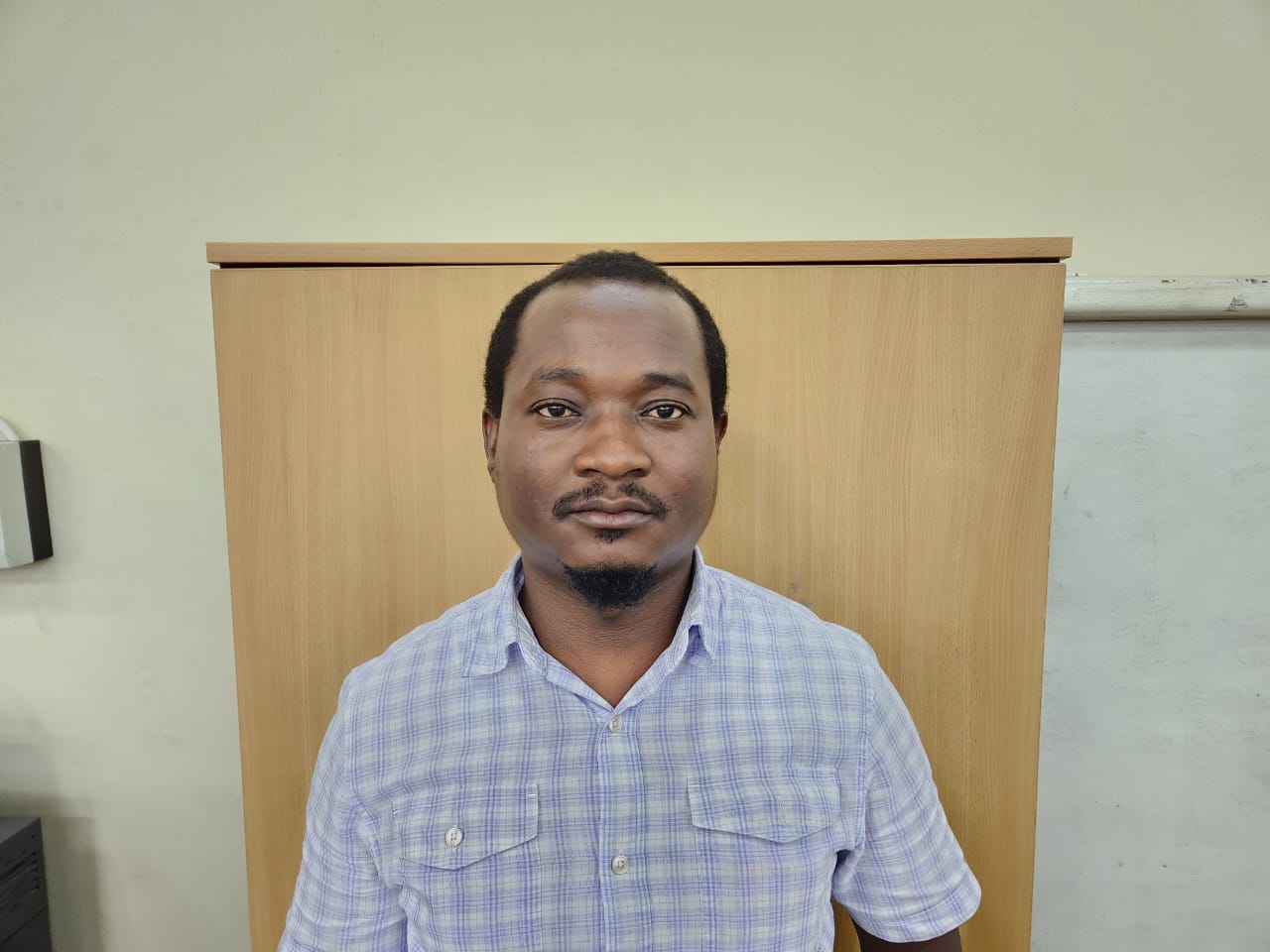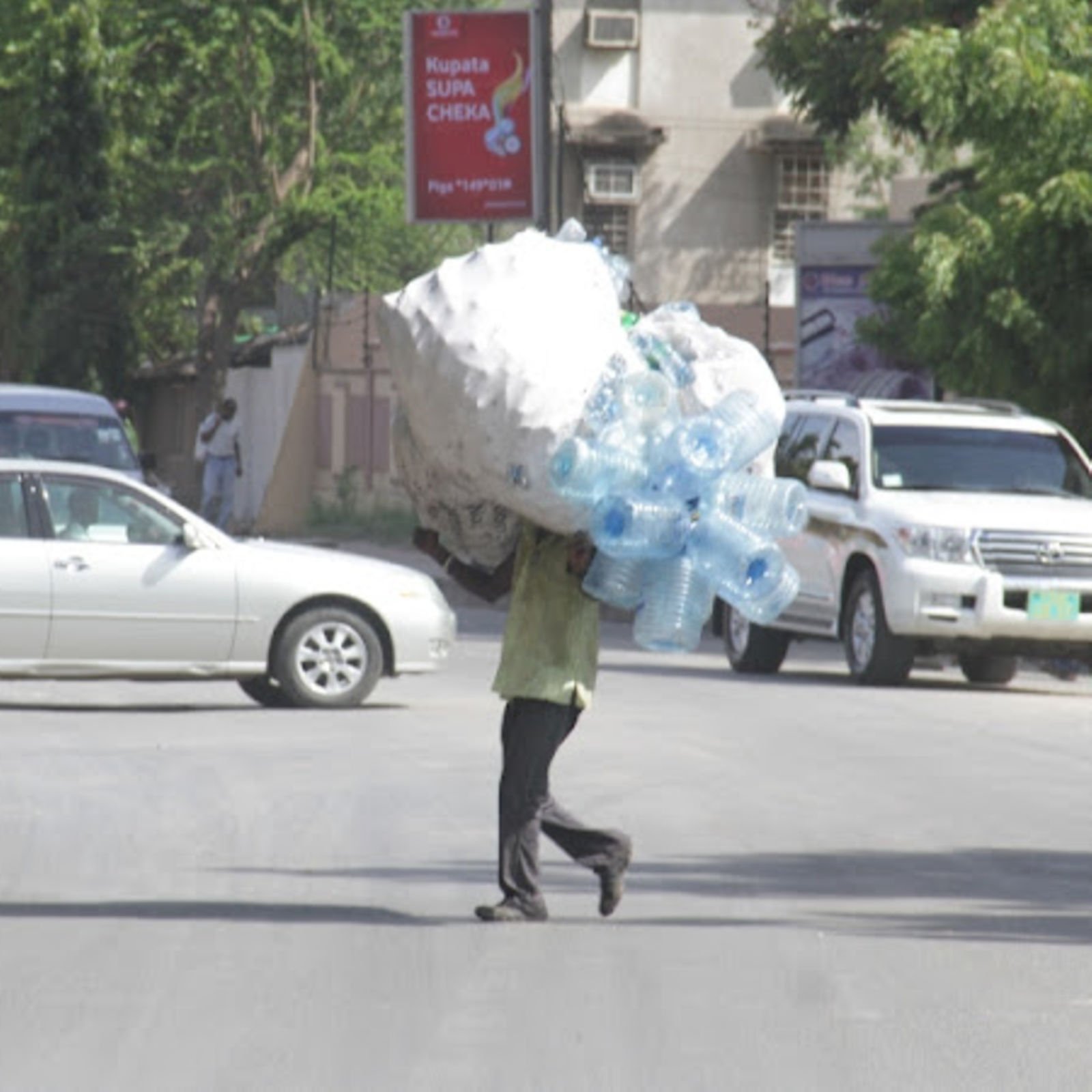Growers around Lake Victoria tell Covid-19 recovery tales

By Peter Elias
Mwanza. Irrigation, which is a mainstay of thousands of farmers on the shores of Lake Victoria, has greatly been impacted by the Covid-19 pandemic like many other sectors, including tourism and transportation. The pandemic that first hit the world in late 2019, spread from China to other countries in different waves, leaving behind tremendous socio-economic damages to farmers and their whole value chain. Different measures are being taken to try and curb the impacts of the pandemic including calling people getting vaccinated, observing social distancing, wearing masks, and regularly washing their hands with running water and soap. All are done with the aim of reviving trade and socio-economic life back to normal.
Farmers drawing water from Lake Victoria in Mwanza Region narrate how their activities have been affected by the pandemic. They admit that they experienced difficulties in the early waves of the pandemic but now they were recovering. Some of the challenges they faced included lack of market, fall of prices, and ultimately loss of capital to support their activities.
A vegetable grower in Ilemela District, Mr. Msengi Magali, says since Covid-19 was declared in Tanzania, his business has been down because the number of customers reduced and made him earn less money compared to the pre-Covid-19 situation.
He says in the past he could fetch up to Sh100,000 a day from selling vegetables, but now he earns between Sh30,000 and 40,000 a day.
“We have lost many customers. And this started when the government announced that Covid-19 was in Tanzania. At that time, it was difficult to earn even a penny, but now at least we are recovering,” says Mr. Magali who is also a retired police officer.
Mr. Magali says that vegetable buyers normally go to his farm to buy vegetables and take them for resale at the Makoroboi Market. The Citizen visited the market and found a few sellers who also complained that there were not enough customers as of recent.
“Our businesses are not growing, only a few customers come here nowadays. We don’t buy many vegetables fearing that it might get spoiled in our hands,” says Martha Kaitila, a vegetable vendor at Makoroboi Market.
For her part, a farmer from Buhongwa Village in Nyamagana District, Ms. Elinah Ntandu, says her activities were greatly affected by the pandemic because people tried to avoid physical contact for fear of contracting Covid-19.
She says she continued irrigating her farm and harvesting vegetables but marketing was a big challenge. She notes that some vegetables were destroyed on her farm due to overstaying without being harvested.
“Previously, the situation was very intense, we could not earn a living from our farms because everyone was fearful of the coronavirus. We thank God that now things are beginning to look up,” she says.
Fertilizer price hike is very enormous, farmers complain that they cannot afford to buy fertilizers to support their irrigation farming because Urea fertilizer was sold for Sh90,000 while others like NPS and DAP were sold for up to Sh110,000 per bag.
“Before Covid-19, the fertilizers were affordable but months ago, wholesalers were telling us that prices skyrocketed in the source countries, and that was attributed to Covid-19 restrictions, especially on transportation,” says Mr. Derrick Masalu, a businessman at Kirumba Market.
Lake Victoria Basin Water Board (LVBWB) is an entity mandated to control and regulate users of water from the lake. They issue licenses to users so that they make it sustainable.

LVBWB communications officer Perpetua Masaga says the impacts of Covid-19 are not solely felt by the farmers but also by the board because they fail to collect their due fees on time when farmers delay.
“Licence issuing is the main source of our income, therefore, if a farmer delays to pay fees because of Covid-19, it may also affect our operations as we delay to get income from them,” she says.
Ms. Masaga says the board has registered more than 900 users of water from Lake Victoria, including small and large scale farmers like Kagera Sugar Industries.
She says the board does not issue licenses to users who farm within 60 meters from the lake because it is illegal to conduct any activity within a specified distance stated in the Environmental Management Act.
An officer from Kagera Sugar Industry who did not want to be identified, says the dynamics of Covid-19 have affected the markets because of their operations.
“At one time some of our fellows contracted the virus, therefore, there was a gap in terms of manpower. This made us have a big workload, which resulted in inefficiency,” he says.
The local authorities are not far behind to help the farmers who are affected by the pandemic. They encourage them to collect loans from their councils so that they revive their irrigation activities.
Ms. Salome Nzingula is an acting officer of agriculture, irrigation, and cooperatives from Mwanza City Council, she reveals that there are 507 farmers who involve themselves in irrigation within the city in places like Buhongwa, Lwanma, Luchelele, Igoma, Nyashishi, and Nyangwi.
She says they know that Covid-19 has affected many sectors including agriculture, therefore, the government has been providing loans to the people so that they resume their affected businesses.
She says they also provide education on the impacts of climate change to the farmers so that they consider environmental conservation during their agricultural practices.
Official data from the President’s Office, Regional Administration, and Local Government (PO-RALG) show that Mwanza city council provided loans worth Sh1.3 billion in the financial year 2020/21.
Other districts and municipal councils in Mwanza Region that provided loans to its people include Ilemela (Sh1 billion), Misungwi (Sh160 million), Magu (231 million), and Kwimba (Sh191 million).
This story was supported by InfoNile with funding from IHE-Delft Water and Development Partnership Programme.





